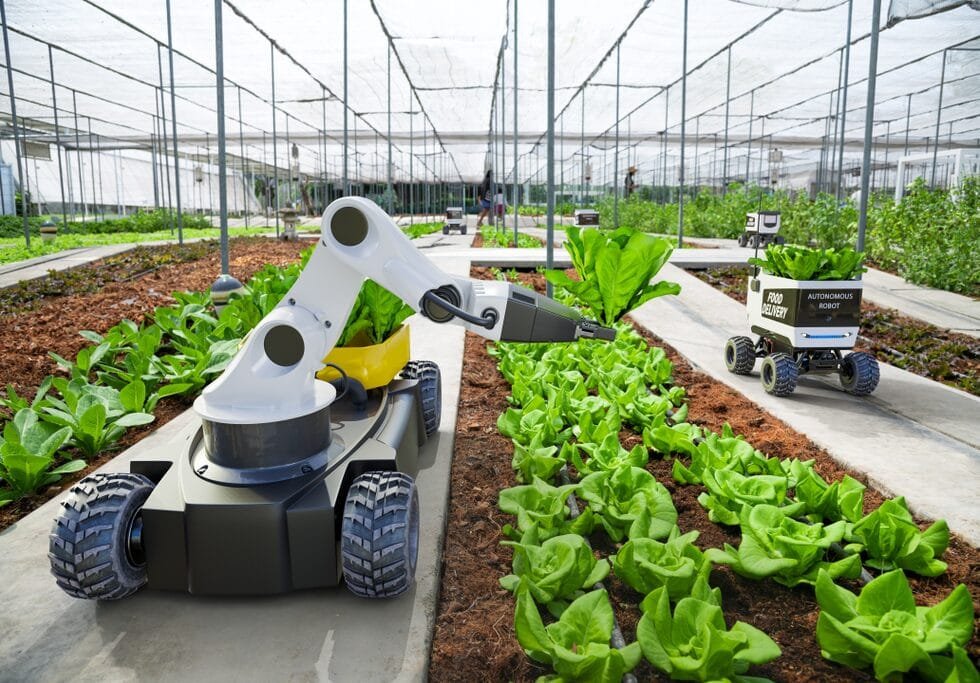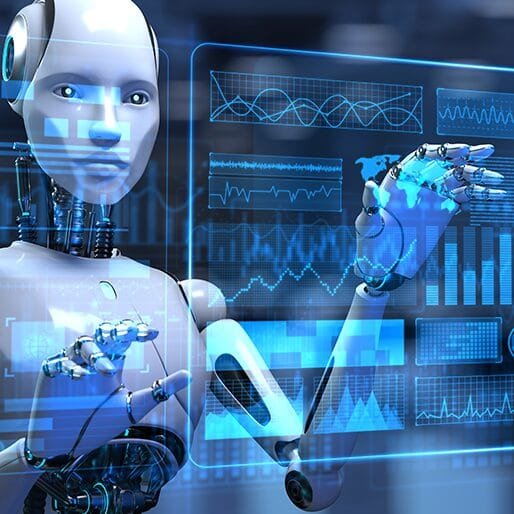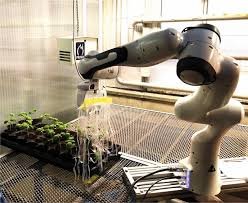The Sustainability of Robotic Systems
- Automated frameworks have become essential to ventures like assembling, medical care, coordinated factors, and agribusiness. Their capability to increment productivity and lessen costs is legitimate, yet the subject of their maintainability is more nuanced. A comprehensive examination uncovers that while mechanical technology can add to manageability in certain areas, they likewise present difficulties that should be tended to.

Positive Contributions to Sustainability
- Energy Efficiency:
Current mechanical frameworks are intended to advance energy use, fundamentally diminishing waste. For example, modern robots smooth out creation processes, limiting energy utilization contrasted with conventional assembling methods. Robots can work constantly without exhaustion, guaranteeing steady energy productivity. - Reduction in Waste:
Robots further develop accuracy and exactness, prompting less material wastage. In areas like 3D printing, automated frameworks can use added substance fabricating strategies, which construct items layer by layer, utilizing just the necessary materials. This approach definitely decreases squander contrasted with subtractive assembling processes. - Renewable Energy Support:
Mechanical technology assume an essential part in sustainable power areas. Independent frameworks are utilized for introducing and keeping up with sunlight based chargers and wind turbines, empowering proficient scaling of environmentally friendly power foundation. Automated frameworks likewise upgrade the investigation and fix of energy gear, dragging out their lifecycle. - Improved Recycling Processes:
High level mechanical frameworks furnished with simulated intelligence can sort recyclable materials more successfully than people. These frameworks can recognize various sorts of waste, like plastics, metals, and glass, further developing reusing rates and lessening landfill commitments. - Sustainable Agriculture:
In horticulture, robots support maintainability by empowering accuracy cultivating. Computerized frameworks can streamline water utilization, decrease substance applications, and screen crop wellbeing, prompting better returns with lower natural effect.

Challenges to Sustainability
- Resource-Intensive Manufacturing:
The development of mechanical frameworks frequently requires interesting earth metals, high-grade plastics, and different materials with huge ecological impressions. Mining and handling these materials can bring about environment annihilation, contamination, and high fossil fuel byproducts. - Energy Use During Operation:
While robots are energy-productive in unambiguous errands, their activity actually requires power, which might come from non-sustainable sources. The energy impression of broad mechanical sending could be huge except if matched with clean energy arrangements. - E-Waste:
Automated frameworks have limited life expectancies, and their removal adds to electronic waste (e-squander). Overseeing out of date mechanical technology parts capably is a test, as these frameworks frequently contain non-biodegradable and perilous materials. - Carbon Footprint of Supply Chains:
Advanced mechanics frequently rely upon worldwide stockpile chains for parts and gathering, bringing about transportation discharges. The carbon impression of delivering and appropriating mechanical frameworks should be limited to accomplish genuine manageability.
Strategies for Sustainable Robotics

- Circular Economy Approaches:
Planning robots with particular and recyclable parts can relieve e-squander. Organizations can carry out “reclaim” projects to repair or reuse old robots, expanding their lifecycle and decreasing waste.
- Renewable Energy Integration:
Working automated frameworks utilizing sustainable power sources can limit their carbon impression. Sun based or windshield robots are promising developments for off-matrix activities. - Innovation in Materials:
Creating options in contrast to uncommon earth metals and investigating biodegradable materials for mechanical technology assembling can lessen natural effect. - Efficient Software:
Upgraded calculations can guarantee that mechanical frameworks utilize insignificant energy for greatest efficiency, further working on their manageability.
Conclusion
Mechanical frameworks can possibly drive maintainability by improving productivity and lessening waste in different areas. Be that as it may, their maintainability relies upon tending to difficulties, for example, asset serious creation and e-squander. By taking on round economy standards, environmentally friendly power, and inventive materials, the advanced mechanics industry can guarantee that its development lines up with worldwide maintainability objectives.